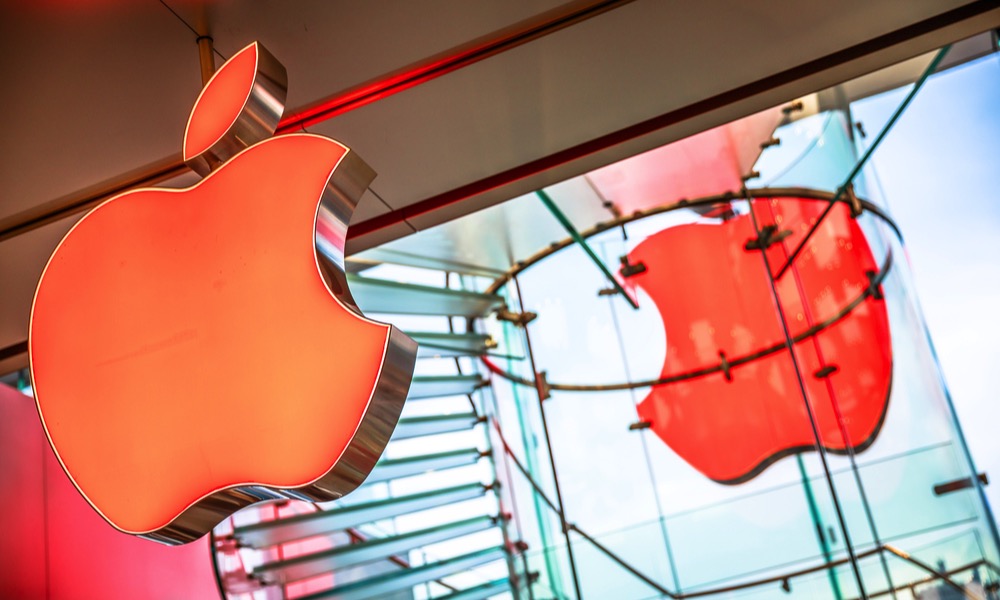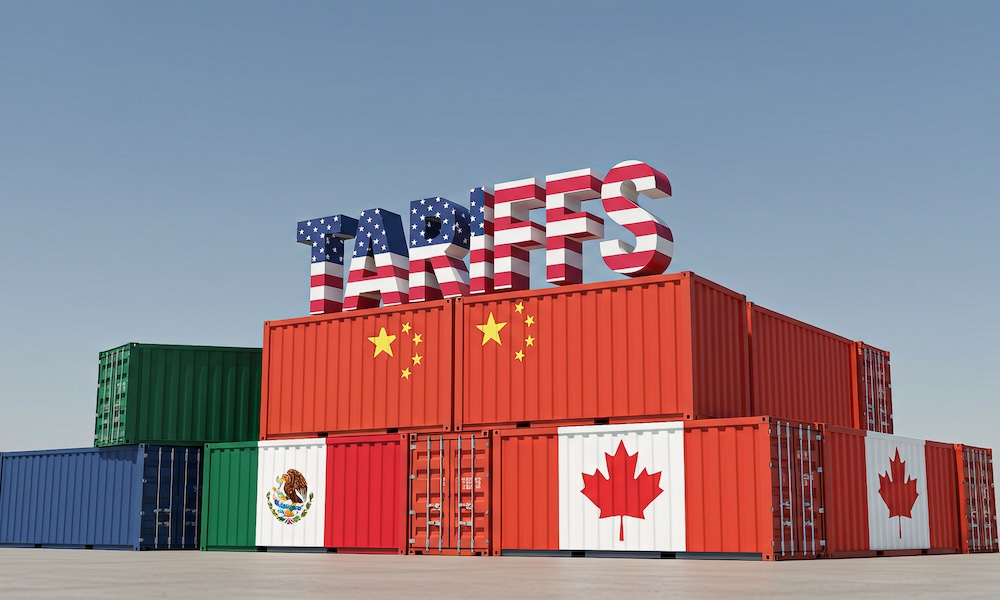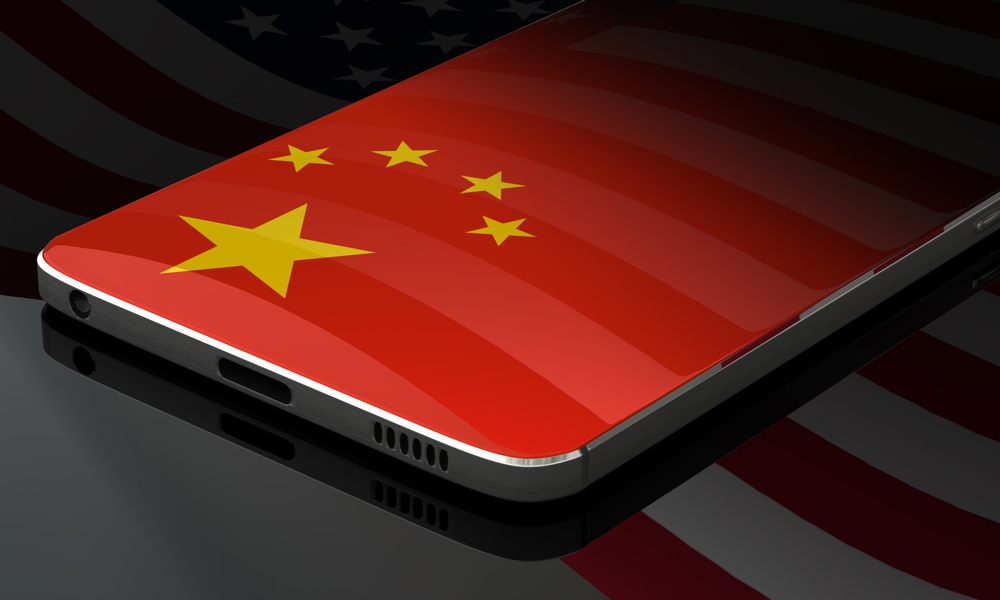US-China Trade War is Holding Back Apple Intelligence in China
 Benny Marty / Shutterstock
Benny Marty / Shutterstock
Toggle Dark Mode
The fallout from the Trump Administration’s “little problem” with Tim Cook has seemingly extended to Beijing, as Chinese officials have placed Apple Intelligence in the middle of the ongoing trade war kicked off by President Trump’s tariffs.
According to the Financial Times, government regulators in China are holding up Apple’s plans to roll out its new AI features in the country as a direct result of the Trump trade war.
Apple Intelligence launched in the United States with iOS 18.1 in October. While support for other languages came later, it was available nearly globally from the start for anyone willing to set their device to US English. The notable exceptions were the European Union and China.
In the EU, Apple was concerned about running afoul of the Digital Markets Act, which may have forced it to open up its AI technologies to third parties in the same way it was required to open app distribution last year. Even then, Apple intelligence was available on the Mac, as that wasn’t considered a “gatekeeper” platform regulated by the DMA.
Nevertheless, Apple managed to sort those issues out with the iPhone and iPad a few months ago, allowing it to bring Apple Intelligence to the EU with iOS 18.4.
That same update also brought simplified Chinese language support for Apple Intelligence, but the technology itself remained blocked in China due to an entirely different regulatory issue: the Chinese government expressly forbids foreign AI models from operating inside its borders.
This isn’t just an Apple problem; neither OpenAI’s ChatGPT nor Google’s Gemini have been able to make inroads into China for the same reasons. That ruled out both Apple’s own large language models, which would have to be approved by the Chinese government, along with its biggest partner for handling all those things that Siri isn’t ready for yet.
Apple spent over a year searching for a Chinese AI partner, including Baidu, Tencent, and ByteDance, before reportedly landing on Alibaba in February. This led to reports that Apple Intelligence could roll out in China as early as iOS 18.5. However, later ones said that it was likely slated for iOS 18.6, which is expected to be released sometime after iOS 26 is unveiled at next week’s Worldwide Developers Conference (WWDC).
However, now it looks like Apple may have problems making its schedule for iOS 18.6, as the company finds itself in the crossfire between Washington and Beijing.
In addition to mounting pressure from US President Donald Trump to bring iPhone manufacturing back to the US — a move that China is fighting tooth and nail — US officials have also raised concerns about Apple giving away US technology to Chinese AI companies, which could, in turn, give them a leg up against US AI companies.
Meanwhile, the Cyberspace Administration of China (CAC) is sitting on applications from Apple and Alibaba to approve Apple Intelligence and related products co-developed by the two companies.
While sources say these delays are the result of “increasing geopolitical uncertainties between China and the US,” it’s unclear whether the Chinese government is using this as a bargaining chip in trade negotiations or if it’s just putting US companies under greater scrutiny. One person with knowledge of the situation told the Financial Times that reviews of all US-related deals or partnerships are taking more time than before, “especially true for critical areas such as AI.”
All AI models deployed in China must be approved by the CAC, which has already approved more than 300 domestic AI models for use from other companies. However, even after the CAC grants approval, the Apple-Alibaba applications need to be cleared by the State Council, which is actively involved in the US-China trade negotiations.
Apple may face another obstacle in the US, as the Trump administration considers prohibiting Alibaba and other Chinese technology giants from doing business with US companies, according to The New York Times. This could throw a wrench into the Apple-Alibaba partnership in much the same way that Trump’s first-term ban on Huawei blocked Google from making the Android operating system available to the Chinese smartphone maker.
Meanwhile, iPhone sales in China continue to suffer as Huawei and other rivals like Xiaomi, Oppo, and Vivo have deployed their own AI-powered phones. As the Financial Times notes, Apple’s Chinese market share dropped from 70 percent of the high-end market in early 2023 to 47 percent, while Huawei’s share rose from 13 percent to 35 percent in the same time frame.










